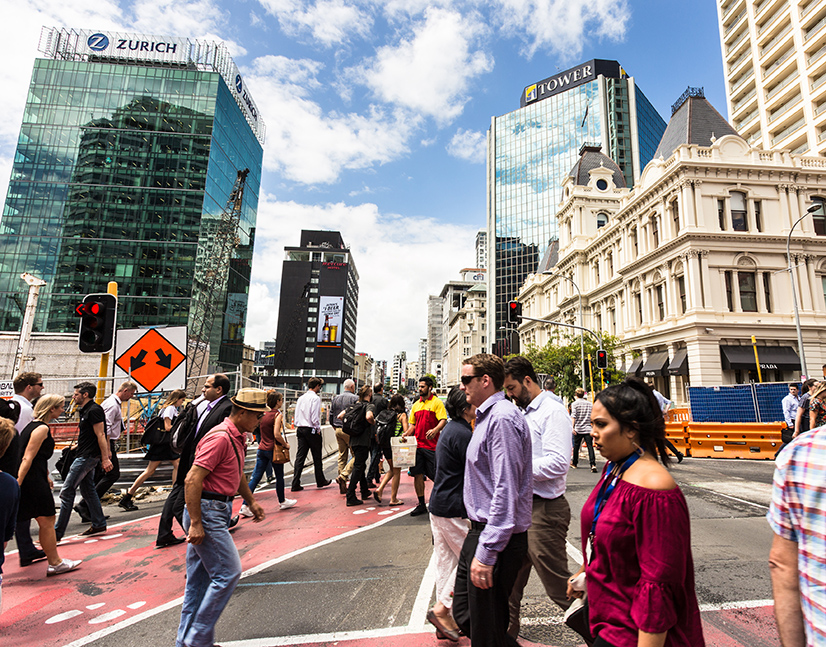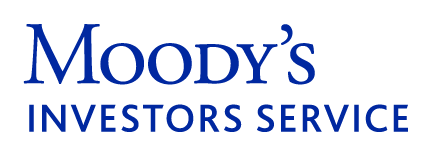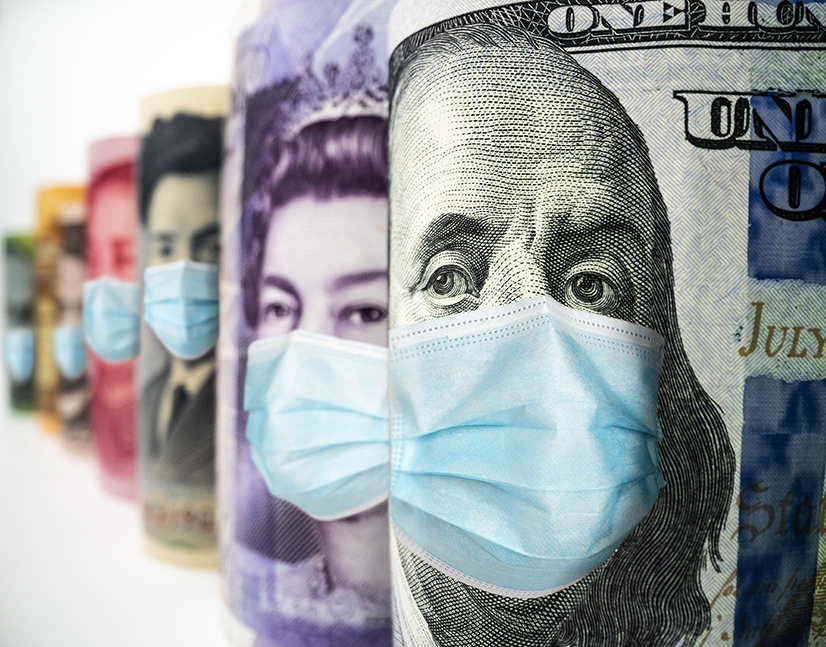
The COVID Diaries: DCM originator 3
The following interview is with an Australian-based debt capital markets originator. It was conducted on 2 April 2020.
Presumably you are now working from home. How challenging has the change been and how is your team dealing with it?
I also get the sense that efficiency just isn’t as good in a working-from-home environment. I personally feel I’m working even harder for about 75 per cent of the output. It hasn’t been great in that sense.
I should say I think it might get easier if we were in a more normal period – with deal flow, investor meetings and so forth. That is naturally a more structured environment and I think we would be able to get closer to normal efficiency.
Are you having personal challenges adapting to the home working environment, too?
It’s all tougher when we’re working from home. You can’t have the short chats about work or the little five-minute breaks with a non-work-related discussion around the desk.
I think I also get more motivated by competition when I’m not in isolation. When I’ve been on the phone for four or five hours at home it’s more tempting to go downstairs, grab a sandwich and tune out than it would be in an office.
“Even China began to push back last week, and you don’t tend to see a lot of internal disobedience in mainland China. I struggle to see how 20- and 30-somethings put up with 12 months of lockdowns when they are at limited personal risk.”
How close do you think the market will get to business as usual if we are in a period of social distancing for multiple months, including working from home and little or no face-to-face interaction?
Thinking about it, many things will be the same: salespeople will have the same interaction with clients and much of the interaction in a joint lead manager group is phone-based already.
We had an opportunity to get used to using VCs [videoconferences] in roadshows and execution during the civil unrest in Hong Kong last year, and we had typhoons in Japan to add to that at one point.
We saw Transurban do a euro deal last night, which would have involved DCM people in Sydney talking to colleagues in London who were talking to investors in France and Germany. It doesn’t really matter if they’re at the office or a desk at home, much as it’s easier if you’re sat near syndicate or the rates trader. It’s not insurmountable.
On another note, the people in the market I feel sorry for are credit analysts. Things like historical default rates are more or less useless at the moment. You can have more certainty about what a business will look like in four years’ time than about the next six months. I think this is why some of the multitranche deals we are seeing printing in the US have such flat pricing across maturities.
What other changes are you making in your personal and professional life?
At first, not being able to catch up with friends was fine – I can cope with that for a week or so. But, like most people, I’m now into week three or so and I’m really starting to notice. People are tribal – we need those interactions. I’ve certainly never had as many phone calls with friends as I’m having right now.
What are you most worried about in this period, personally or professionally – and how worried are you in general?
What worries me more is the kind of unseen impact of recession and the effect of intergenerational poverty. That’s more of a concern to me than the pandemic itself.
There’s a line in The Big Short about 40,000 Americans dying for every 1 per cent increase in unemployment. We were talking about things like a 12 per cent increase in unemployment across the developed world. That should be avoidable, with government intervention, but it is what really worries me: the idea that whatever solution we put in place is worse than the problem. Hopefully we’ll do enough to ward off the worst.
This is before you even think about things like the impact on mental health, especially on people who are being pushed down to the poverty line.
The other thing I think about is the idea of a 12-month shutdown. I just can’t see that happening without social unrest. Even China began to push back last week, and you don’t tend to see a lot of internal disobedience in mainland China. I struggle to see how 20- and 30-somethings will put up with 12 months of lockdowns when they are at limited personal risk.
What is the latest article you have read in relation to COVID-19 and why was it notable? Can you provide a link?
I have been interested in a couple of articles about the impact of economics on mortality. One is based on a Lancet review and there is another on the ABC that may be based on a different methodology or timeline.
KangaNews is your source for the latest on the COVID-19 pandemic’s impact on Australasian debt capital markets. For complete coverage, click here.














